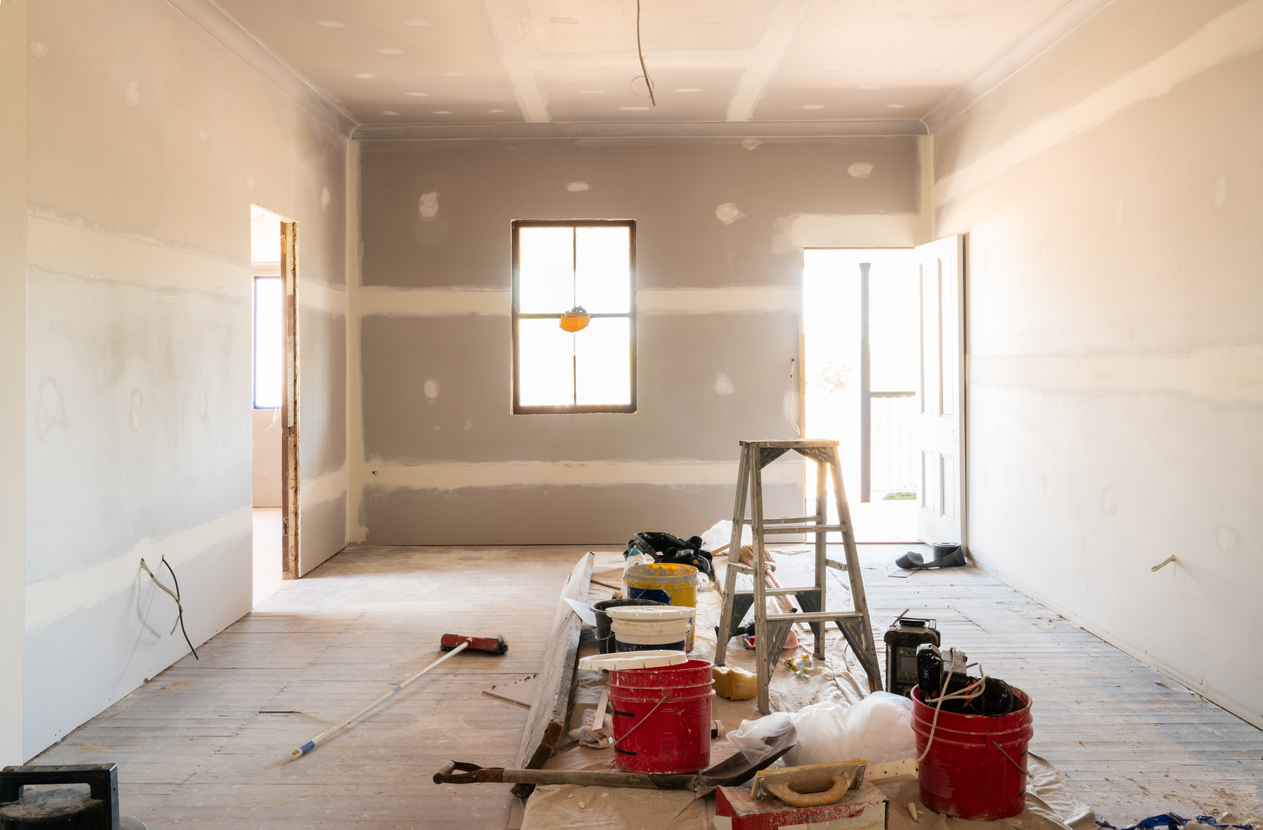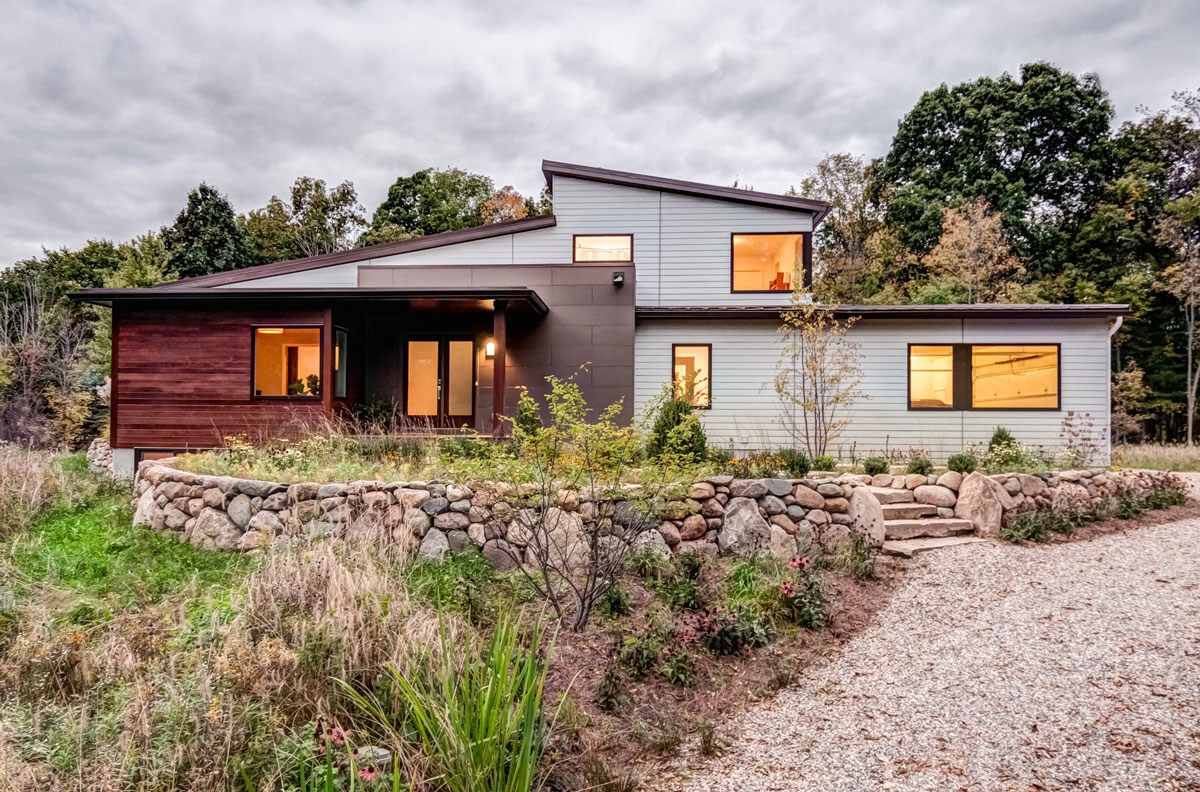When it comes to selecting your ideal house, you have two options: build a new home from the ground up or modify an existing property. Each option has its own set of advantages and disadvantages, and picking which road to choose can be a difficult decision. In this thorough guide, we will look at the elements to consider when deciding between a new house and renovation, allowing you to make an informed decision that fits your requirements, budget, and long-term objectives.
Assess Your Needs and Vision
Take the time to evaluate your needs and vision for your dream house before making a selection. Consider things like preferred location, size, layout, and features. Consider whether your present property can be remodeled to fulfill your needs, or whether creating a new house will better fit your vision.
Budget Considerations
 The budget is an important consideration when deciding whether to build a new house or modify an existing one. Evaluate your financial status and weigh the prices of each alternative. Land acquisition, architectural design, construction costs, and permissions may be required when building a new house, whereas renovating may necessitate structural adjustments, material expenditures, and contractor fees. Compare the expenses of both choices to see which one is more affordable for your budget.
The budget is an important consideration when deciding whether to build a new house or modify an existing one. Evaluate your financial status and weigh the prices of each alternative. Land acquisition, architectural design, construction costs, and permissions may be required when building a new house, whereas renovating may necessitate structural adjustments, material expenditures, and contractor fees. Compare the expenses of both choices to see which one is more affordable for your budget.
Timeframe and Convenience
Consider the timeframe and convenience of each option. Building a new home involves a more extensive process, including finding land, obtaining permits, designing the home, and completing construction. This can take several months or even years. On the other hand, remodeling an existing property may offer a quicker turnaround time, as you can work with an existing structure. Evaluate your desired timeline and assess whether you have the patience and flexibility for a new build or if a remodeling project better aligns with your desired timeframe.
Personalization and Customization
 Building a new house allows you total personalization and modification. You have complete control over the plan and design, as well as the materials and finishes. This allows you to design a home that is completely unique to your tastes and preferences. Remodeling an existing property, on the other hand, may have constraints in terms of layout and structural improvements. Consider how important customisation and personalisation are to you, and whether they outweigh the ease and timeliness of renovating.
Building a new house allows you total personalization and modification. You have complete control over the plan and design, as well as the materials and finishes. This allows you to design a home that is completely unique to your tastes and preferences. Remodeling an existing property, on the other hand, may have constraints in terms of layout and structural improvements. Consider how important customisation and personalisation are to you, and whether they outweigh the ease and timeliness of renovating.
Location and Neighborhood
When picking between a new house and renovation, consider the area and location. If you enjoy your present neighborhood and have built community ties, renovation allows you to stay in the location you know and love. However, if you want to relocate or have special preferences for a new area, building a new home gives you the freedom to pick the ideal location for your lifestyle.
Environmental Implications
 Examine each option’s environmental impact. Building a new house necessitates the use of resources such as land, building materials, and energy. When designing and building a new house, consider the sustainability and energy efficiency of the design and materials. Remodeling an existing house, on the other hand, may reduce waste by repurposing and reusing resources.
Examine each option’s environmental impact. Building a new house necessitates the use of resources such as land, building materials, and energy. When designing and building a new house, consider the sustainability and energy efficiency of the design and materials. Remodeling an existing house, on the other hand, may reduce waste by repurposing and reusing resources.
Emotional Attachments
Consider any emotional ties you have to your present residence. If the home has personal importance to you or you have great recollections of it, renovation may allow you to retain and improve these emotional ties. Building a new house, on the other hand, can give a blank slate and the opportunity to make new memories if you are ready for a fresh start and do not have strong emotional attachments to your present home.
Expert Advice and Guidance
 Seek expert advice and guidance from professionals in the field. Consult with architects, contractors, and real estate agents to gain insights into the specific considerations and challenges associated with each option. Their expertise can help you navigate the decision-making process and provide valuable information to make an informed choice.
Seek expert advice and guidance from professionals in the field. Consult with architects, contractors, and real estate agents to gain insights into the specific considerations and challenges associated with each option. Their expertise can help you navigate the decision-making process and provide valuable information to make an informed choice.


